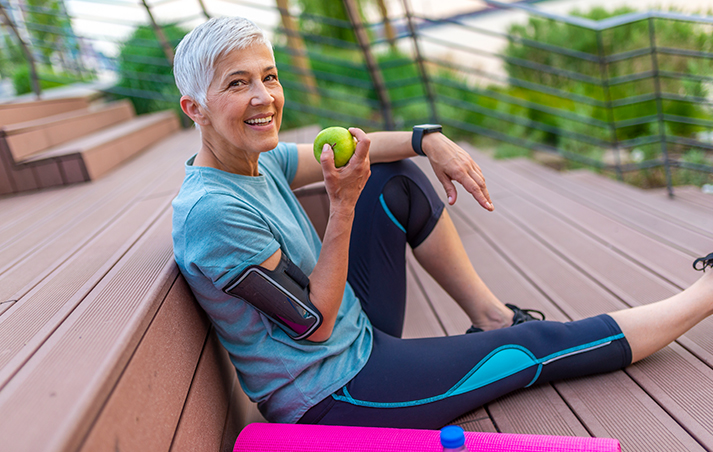A Guide to Healthy Ageing
As we journey through life, one of our greatest desires is to age gracefully, maintaining our vitality and well-being well into our later years. Healthy ageing is not just about adding years to our lifespan; it's about adding life to our years. It's about embracing a healthy lifestyle that nurtures our physical, mental, and emotional health, allowing us to thrive as we grow older. Healthy ageing encompasses a multifaceted approach that addresses various aspects of our lives. From nurturing our bodies with nutritious foods to engaging in regular physical activity, from cultivating strong social connections to prioritizing mental well-being, every aspect plays a crucial role in shaping our journey of ageing.What is healthy ageing?
Living a long life, preventing chronic illnesses, and minimizing the effects of ageing are all aspects of healthy ageing. The easiest way to do this is to concentrate on the physical, social, emotional, and cognitive wellness as four separate but related pillars. Eating healthily, exercising, and using preventative medication are all components of physical well-being. Building and sustaining a network of supportive friends and family members is a key component of social health. Emotional well-being includes controlling your emotions, while mental well-being is using your critical thinking and decision-making skills. Examining each of these areas and determining how best to care for oneself is a necessary part of healthy ageing.Physical Health
Eating Healthy Food
At the heart of healthy ageing lies the importance of maintaining a balanced and nutritious diet. We age, and our bodies change, which affects our nutritional requirements. Consuming a diet rich in fruits, vegetables, whole grains, lean proteins, and healthy fats provides the essential nutrients our bodies need to function optimally. Adequate hydration is also paramount for maintaining cellular health and supporting bodily functions.Regular Physical Activity
In addition to nutrition, regular physical activity is key to healthy ageing. Exercise strengthens muscles and bones, improves cardiovascular health, increases flexibility, and boosts mood. Engaging in activities such as walking, swimming, and yoga can help maintain mobility, balance, and coordination, reducing the risk of falls and injuries as we age. To enhance various aspects of your fitness, incorporate a diverse range of activities into your weekly routine:- Fitness
- Strength
- Balance
- Flexibility

